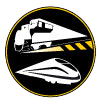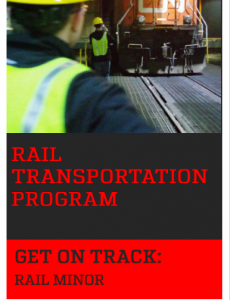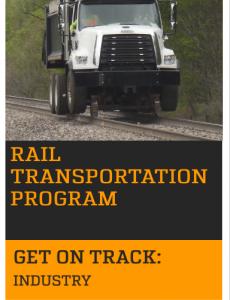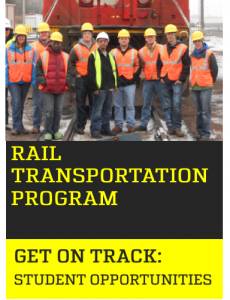At no point in my childhood and teen years did I ever think of “workin’ on the railroad.” It wasn’t until a gentleman named Pasi Lautala helped set me on a different track, by talking about railroads in my Controls class at Michigan Tech. After going to an informational meeting, and talking to CN at the career fair, I was sold.
What amazed me was how much responsibility railroads entrusted young professionals right out of college. When I hired on in 2007 with CN, I was an assistant supervisor, with duties that ranged from helping draft budget requests to covering for vacationing supervisors.
In 2008, the Flint Signal Supervisor retired, and I was promoted to take his place. There, my responsibilities and challenges increased dramatically. I oversaw the signal system on 200 miles of track, with nearly 200 crossings and 30 control points. At 23 years old, I had a staff of 20 people working for me. Many of my decisions had immediate impact on railroad operations and the general safety of the public, so it definitely was a high-pressure job.
In 2013, I transferred to my current position as a Senior S&C Standards Engineer. I am in the group that writes all testing procedures for the signal systems at CN, and authorizes new equipment from vendors to be used on the railroad. This group and position has broad effect on our department, influencing all Signals & Communications employees at CN.
I’ve come across people that say that their profession is unique, and while that may be true, I’d argue that it doesn’t compare to railroading; railroading is entirely in a world of its own. While challenging to the extreme at times, railroading is vastly rewarding and I certainly wouldn’t have traded my experiences for anything else






